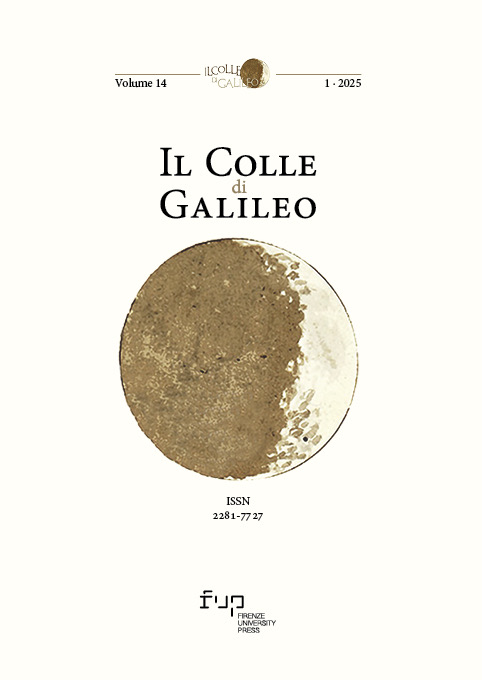Published 2025-04-29
Keywords
- machine learning,
- artificial intelligence,
- particle physics,
- condensed matter,
- astrophysics
How to Cite
Copyright (c) 2025 Massimo Brescia

This work is licensed under a Creative Commons Attribution 4.0 International License.
Abstract
Machine learning (Machine-learning) has become an important toolbox for theoretical and experimental physics, and its importance is expected to grow steadily over the years to come. Thanks to its effectiveness and extreme flexibility, it can be applied in a huge set of topics, ranging from statistical data analysis to simulation and modelling. For this reason, Machine learning has been successfully used in very different research areas, such as high-energy physics, astrophysics and cosmology, condensed matter and statistical physics. Applications in different domains often share strong similarities either in the problems to be solved or in the methodology employed. This motivates a fruitful exchange of ideas which is, however, seldom achieved in practice due to the distance separating the various research communities. The workshop brought together researchers with interest and expertise in Machine learning from different fields in physics, strongly encouraging and promoting the cross-topic exchange of ideas and collaborations.

